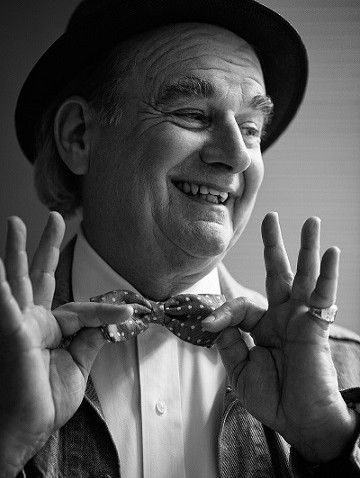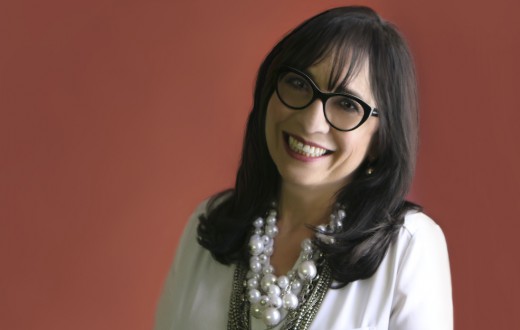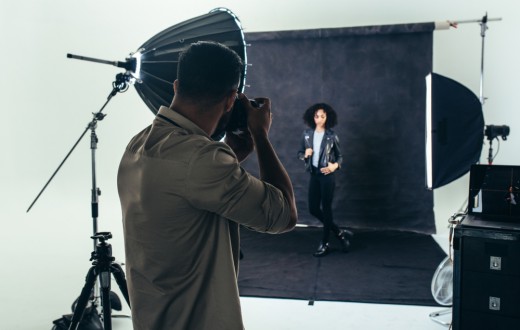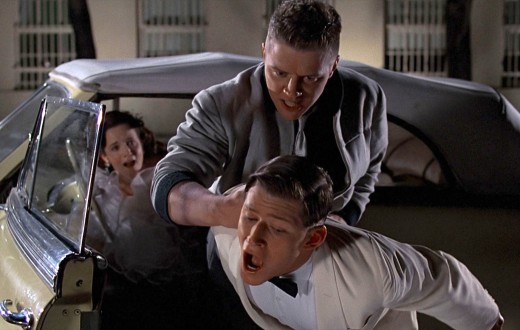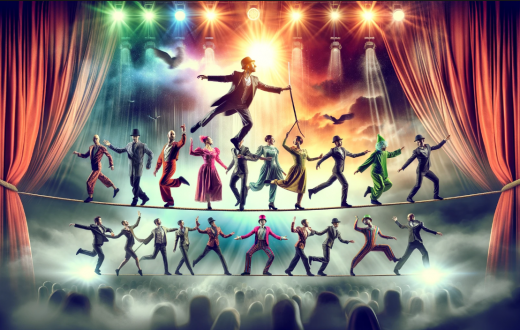You may recognize Ray Iannicelli from the recently released Bill Murray film called St. Vincent. This week, Ray shares the big screen with Quvenzhané Wallis, Cameron Diaz and Jamie Foxx in the highly anticipated remake of the classic, ANNIE coming to theaters December 19th.
Ray has over 30 years of experience in show biz. He continues to captivate audiences in film, television and stage. And now he’s a first time grandfather!
NYCastings was able to pick Ray’s brain about technique and how things have changed over the years.
When Ray Iannicelli isn’t in front of the cameras he is teaching other actors technique at the New York Conservatory for the Dramatic Arts, as well as at his company called Professional Actors Training and Helping.
You teach other actors technique at the New York Conservatory for the Dramatic Arts. You also started a company called Professional Actors Training and Helping (PATH). Tell us when you became involved with teaching and what prompted you to start PATH. Where can people get more information?
I started teaching maybe 20 years ago at NY Conservatory of the Dramatic Arts simply to talk about acting with aspiring young actors AND to put a very practical spin on the acting game. Starting PATH was with other actors to help provide extra income. The Company uses actors to teach medical students how to talk to patients.
When you do a photo shoot, who approves the pictures that get published?
For acting headshots my manager will recommend which photos she thinks will work best and for publicity photos both manager and publicist have final say; I feel they have a more objective viewpoint.
You’ve done voice overs for video games. Tell us about the process.
Voice overs can be done with other actors or solo. You don’t memorize your lines; you read from a script but you become as familiar with them as possible, given time restrictions. Also improvisation is usually encouraged to a small degree.
What do you think about the SAG-AFTRA (http://www.sagaftra.org) merger that happened a couple of years ago?
The merger of SAG-AFTRA is a great benefit to all actors without a doubt. It’s a stronger single union now that works in concert.
Describe the difference between auditioning TODAY vs. auditioning 20+ years ago.
Being I’m 100 years old & a Luddite, I’d say the old way was better because it was often more spontaneous. Having said that I’ve noticed in the last four or five years the casting directors have much more control and input into their process; they can expand who and how they see talent. I definitely feel they allow me to explore the character on a more complex level. I find also self taping fascinating because now you don’t have to be in Los Angeles or Chicago or Toronto to get a job. If they like what they see you can book a job without ever going into a casting session. So I’m glad I’m here.
What are your thoughts about the one, two, three and four-year acting programs available in New York such as the conservatory programs at American Academy of Dramatic Arts, The Juilliard School and The New School?
I think the four year acting programs in NYC are the world’s best because you have stage, TV, studio and cutting edge independent film making right here congested in a small geographical area. Also NYC is vibrant with ideas and accepting other people’s ideas. So right now is the best time to be an actor in NYC.
Do you use a specific acting method?
I don’t use a specific acting method. I’ve studied both Meisner and the Method but it comes down to what’s in your mind and heart and trust that. It takes a while to get there.
 On the dramatic side, Ray will star alongside the late Michael Clark Duncan and S. Epatha Merkerson in The Challenger.
On the dramatic side, Ray will star alongside the late Michael Clark Duncan and S. Epatha Merkerson in The Challenger.
What’s the best acting advice you’ve ever received? Who gave the advice to you and when?
The best acting advice given to me, whew that’s complicated. Let’s see, maybe go out into the world, travel, talk to people who think differently from you, look at great painters’ work, be kind to people, observe others closely, study other actors you admire, the list goes on. Perhaps the best advice came from my first acting teacher; Julie Bovasso she said, “Never ever give up.”
What complaints about the acting world do you hear the most from your students?
The biggest complaint from students whether they say it or not is fear. Fear of no guarantees in this life.
Back in the day, it was all the rage to join the unions (AEA, SAG, AFTRA.) Today it’s much different, with more productions casting non-union actors because they’re cheaper. At what point should an actor consider joining the unions?
An actor should think about joining the union immediately. My union makes it possible for me to make a living and have a medical, dental and prescription drug plan for both me and my wife which is paramount these days. Also having the unions on your resume legitimizes the work on you’ve done. It says I’m a Professional Working Actor. Time does fly.
How can an actor get over their greatest weakness? What are some weaknesses you’ve seen?
Well. fear and also lack of confidence are two great weaknesses I’ve suffered from and seen in many others. Training helps a lot, a good therapist (LOL) and setting goals.
How do you play off an actor who gives you nothing to work with?
If working with another actor who seemingly is not up to the task you do your best and be patient and only offer kindness. You have to bring to the scene, at least on your end, a place that is real for you and potentially you may need to project onto your partner what you hoped would be there. Your audition is your audition. You make the best of the situation.If you give in because you allow the other actor to affect you in a negative way you only have yourself to blame.
What’s the secret to comedic timing?
The secret to comedic timing is? I guess you have it or you don’t.
How does an actor define his/her type?
Your type is defined by the roles you get. Others do it for you as well and my advice to actors especially young actors is not to fight it.
Should an actor learn skills such as combat fighting? What types of skills does an actor need?
Any skill available is an asset to an actor. Riding a unicycle is one that comes to mind.
How does one ace an audition?
You ace an audition by being “I’m the guy”. I don’t think I have to explain that. Break a leg!

